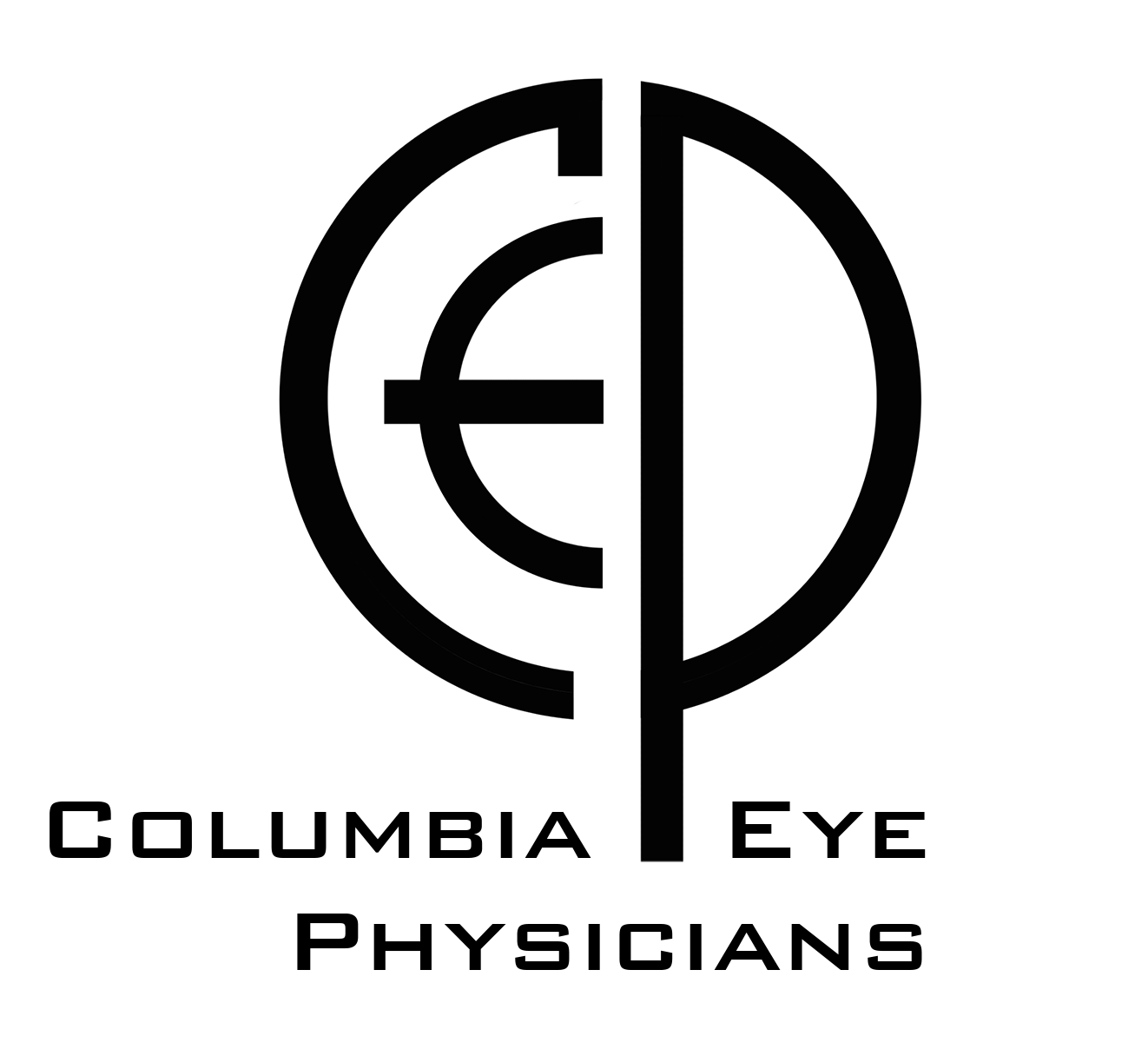
Frequently Asked Questions
Q: I have diabetes. How often should I have a thorough eye exam?
A: Diabetics generally should have eye examinations at least annually. Once diabetic damage has occurred in the eye, it is wise to have an evaluation of the retinal blood vessels, the intraocular anatomy and the iris and the lens every six months. Unfortunately, diabetics that do not have appropriate treatment and evaluation in the early stages can be advanced to the point that treatment is no longer going to be able to stop progression of the disease.
Q: Why does my ophthalmologist ask me to bring a list of my medications?
A: When you see your ophthalmologist, it’s important to know about preexisting medical conditions especially those that may require may require medications. Some medications can cause problems when taken over a long period of time. Steroids can be monitored and a visual loss prevented through appropriate treatments. It is also important to know any associated medical conditions such as diabetes and hypertension, which may cause visual complications.
Q: I have been told I have a cataract. What is a cataract?
A: A cataract is a clouding or blockage of light through the lens, located just behind the iris and pupil of the eye. Symptoms are usually noticed more in dim light as it acts as a filter blocking the amount of light passing through. This may be first noticed in night driving. Cataract surgery is one of the most advanced technologies in medicine today and easily remedies the situation with allowing a safe removal in an outpatient setting in most cases with restoration of vision.
Q: What is a chalazion?
A: A chalazion is an inflammation in the lid at lash lid margin. This can become infected and painful. In most cases, chalazions respond to topical antibiotics and warm compresses. At times, chalazions have to be removed with local anesthesia and drainage. Removal is done as an outpatient office procedure. The resolution of a typical chalazion is about a week with appropriate treatment. If the condition persists for a month, it could form a granular cyst which requires surgical removal.
Q: How soon does an individual need to be seen after seeing floaters or flashes of light?
A: Vitreous floaters occur when the solid vitreous gel becomes liquefied caused by aging. In a younger age, floaters may be from injury or infection. Floaters are perceived as spots or bugs and sometimes cloudiness in the vision. Cloudiness may be perceived as cobwebs or fishnets. Floaters could be associated with retinal tear or retinal hemorrhage requiring laser treatment to prevent the need for further surgery. You should contact an eye physician for an examination if the condition last more than two days.
Q: What is macular degeneration? And, how does it affect your vision?
A: Macular degeneration is the decrease in visual function of the central portion of the retina called the macula in the back of the eye. This is highly related to vascular changes of aging, similar to hardening of the arteries in the brain. The process will decrease reading, central vision and color vision as there is a higher concentration of color light sensor cells in this region. The patient will often experience distortions in the central vision where straight lines are crooked and no longer allow clear resolution of fine acuity. Anyone over the age of 65 is susceptible to having changes of macular degeneration but it is genetically determined who will have problems and who will not.
Q: What is glaucoma? And, how does it affect your vision?
A: Glaucoma is simply a high pressure in the eye which causes optic nerve damage through inhibiting circulation to the optic nerve. It is genetically determined; and as an ocular disease, approximately 2% of the population is threatened with glaucomatous visual damage. Glaucoma is particularly dangerous because it causes blind spots which are often undetected in peripheral fields of vision by the patient. Loss of vision with appropriate treatment is likely preventable in patients with this disease. It is important to have frequent glaucoma checks as it is a treatable preventable cause of blindness.
